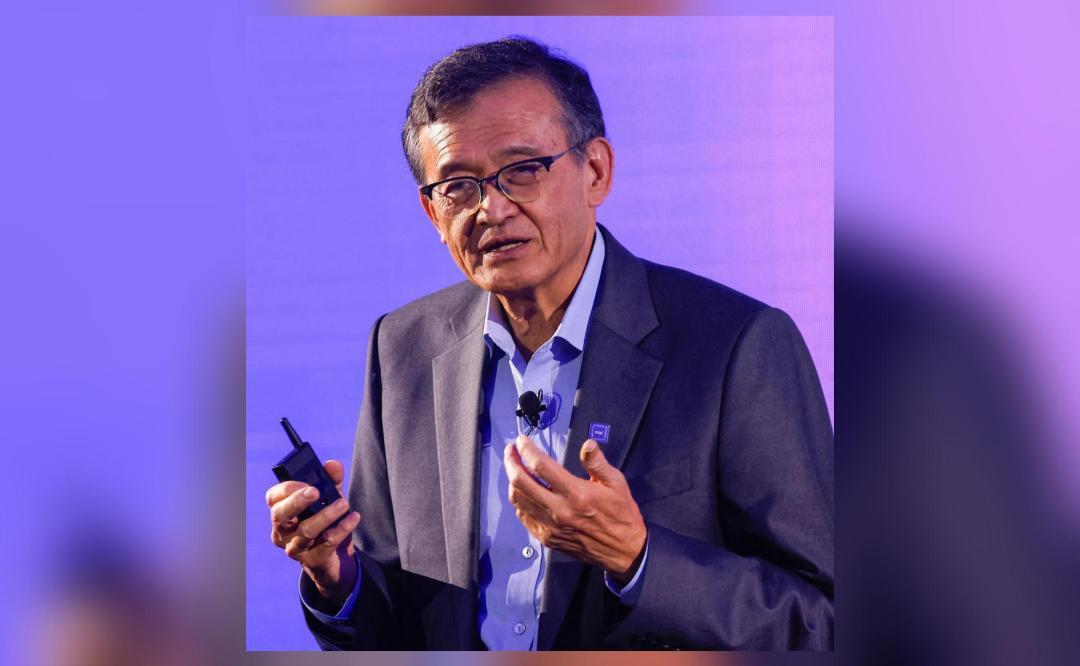
Intel CEO Dismisses Reports about Stealing TSMC’s Trade Secrets
The tech industry has been abuzz with reports of a potential trade secret scandal involving Intel and TSMC, two of the world’s leading semiconductor companies. According to Taiwanese newspapers, a 75-year-old new hire at Intel, Lo Wen-jen, allegedly took proprietary know-how from his former employer TSMC before his departure. However, Intel CEO Lip-Bu Tan has dismissed these reports, stating that Intel respects other firms’ intellectual property and would never engage in such practices.
The reports surfaced after Lo Wen-jen, a veteran engineer, joined Intel after working at TSMC for several years. Taiwanese newspapers claimed that Lo had taken sensitive information related to TSMC’s technology with him to Intel, sparking concerns about potential intellectual property theft. TSMC has since opened an internal probe to determine if trade secrets were indeed stolen.
Intel CEO Lip-Bu Tan has been quick to respond to these allegations, dismissing them as baseless. In a statement, Tan emphasized that Intel has always respected the intellectual property of other companies and would never condone the theft of trade secrets. Tan’s response is not surprising, given Intel’s long history of innovation and commitment to fair business practices.
The semiconductor industry is highly competitive, and companies like Intel and TSMC invest heavily in research and development to stay ahead of the curve. The theft of trade secrets would be a serious breach of trust and could have significant consequences for the industry as a whole. It is therefore essential for companies to respect each other’s intellectual property and engage in fair competition.
TSMC, on the other hand, has taken a more cautious approach. The company has launched an internal investigation to determine if any trade secrets were stolen and will take appropriate action if necessary. TSMC’s response is understandable, given the sensitive nature of the allegations and the potential consequences for the company’s business.
The incident highlights the importance of protecting intellectual property in the tech industry. Companies like Intel and TSMC invest billions of dollars in research and development, and their intellectual property is a critical component of their business. The theft of trade secrets could give a competitor an unfair advantage, undermining the integrity of the industry and potentially harming consumers.
The incident also raises questions about the recruitment practices of tech companies. As the industry becomes increasingly competitive, companies are looking for experienced talent to help them stay ahead of the curve. However, the recruitment process must be fair and transparent, with companies respecting the intellectual property of their competitors.
In conclusion, the reports of Intel stealing TSMC’s trade secrets have been dismissed by Intel CEO Lip-Bu Tan. While TSMC has launched an internal probe to determine if trade secrets were stolen, Intel has emphasized its commitment to respecting other firms’ intellectual property. The incident highlights the importance of protecting intellectual property in the tech industry and the need for companies to engage in fair competition.
As the semiconductor industry continues to evolve, companies like Intel and TSMC must prioritize innovation and fair competition. The recruitment of experienced talent is essential for driving growth and innovation, but it must be done in a way that respects the intellectual property of competitors. The incident serves as a reminder of the importance of ethics and fair business practices in the tech industry.
For now, it remains to be seen how the investigation by TSMC will unfold and what consequences, if any, will arise from the allegations. One thing is certain, however: the tech industry will be watching this development closely, as it has significant implications for the future of innovation and competition in the sector.






